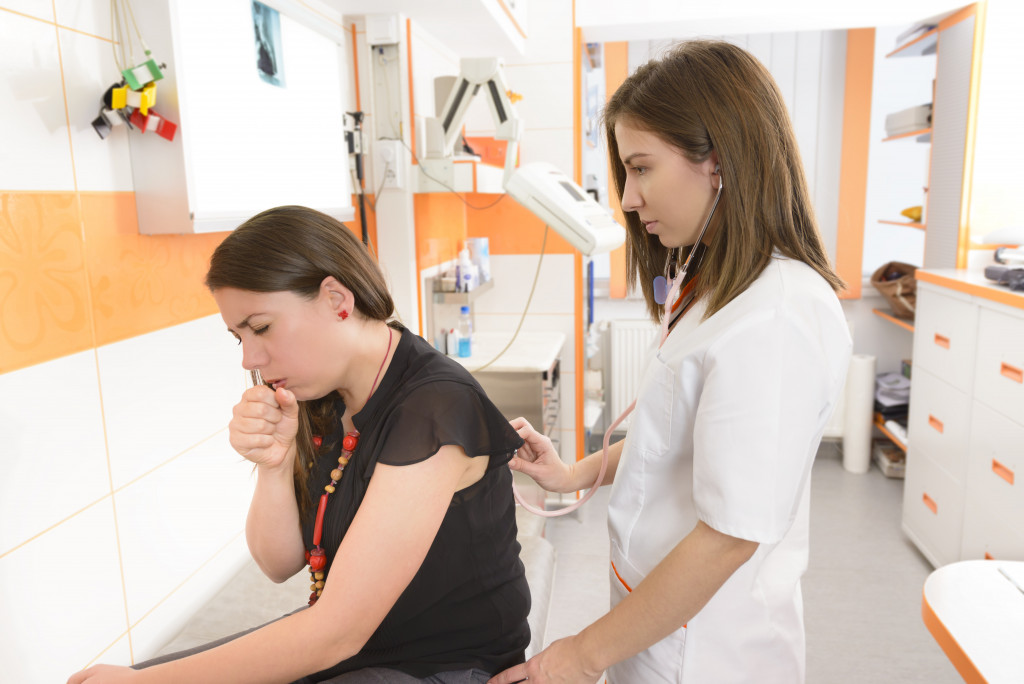Living with Addison’s disease can be difficult, especially when it requires you to change how you interact with others. However, by learning how to cope with your condition and making small changes in your life, you can improve your well-being and help raise awareness about rare diseases and patient recruitment efforts.
What is Addison’s disease?
Addison’s disease is a chronic endocrine disorder that occurs when the adrenal glands do not produce enough hormones. This can lead to various symptoms, including fatigue, weakness, weight loss, and low blood pressure. As a patient living with Addison’s disease, you may also experience a range of symptoms, including muscle weakness to changes in mood or behavior. Addison’s disease is named after Thomas Addison, who first described the condition in 1855.
The exact cause of Addison’s disease is not fully understood, although there are several risk factors associated with developing the condition. These include certain autoimmune disorders and genetic mutations, and infectious or inflammatory diseases that can damage the adrenal glands.
As of this writing, there is no cure for Addison’s disease. However, most people can live relatively everyday lives with treatment and self-care. Treatments for Addison’s disease typically involve replacement therapy, in which the patient takes hormones to replace those that their adrenal glands are not producing.
Lifestyle changes may also help patients manage their condition and improve their quality of life. This may involve adjusting your diet, getting more exercise, or following a regular sleep schedule. Lastly, one of the best ways to cope with your condition is to connect with others living with similar rare diseases.
Living with Addison’s disease
Many people with Addison’s disease do not receive the support and care they need, often feeling isolated and alone. However, there are steps that you can take to manage your condition and change the lives of others living with this rare disease.
Here are some ways to make a significant impact on your community and other people’s lives:
Talk to your doctor about your condition
It’s essential to have a good understanding of your disease and how it affects you. This will help you communicate your needs to others.
Your doctor can also provide information about patient recruitment efforts for clinical trials and other research studies.
Volunteer your time
One of the best ways to make a meaningful impact on the people around you is by volunteering your time. Whether you offer support and encouragement to other patients, voice out your opinions on organizations for patient recruitment for rare diseases, raise awareness about clinical trials and research studies, or help organize patient meetings and conferences, there are countless ways that you can make a difference in the lives of others living with Addison’s disease.
Join a support group

One of the best ways to cope with Addison’s disease is to connect with others living with the same condition. Support groups offer a safe space to share your experiences, get information and support and connect with other people living with Addison’s disease.
If there isn’t a support group in your area, you can start your own! You can also join online forums and social media groups dedicated to supporting people with Addison’s disease.
Become an advocate
There are many ways to get involved in patient advocacy and support others living with Addison’s disease. You can start by raising awareness about the condition and its symptoms.
You can also join patient organizations dedicated to supporting people with Addison’s disease and their families. These organizations work to improve patient care and promote research efforts.
How to live a healthy and everyday life
Although Addison’s disease can be challenging, there are many ways that you can improve your quality of life and take control of your condition. Some simple steps that you can take to make positive changes in your life include:
- Seeking support and resources from medical professionals, such as doctors and therapists, can help you manage your condition effectively.
- Connecting with others living with similar challenges through online forums or in-person support groups.
- Engaging in regular physical activity or making other healthy lifestyle changes, such as improving your diet or reducing stress.
- Seeking out additional resources and information about managing Addison’s disease, including patient advocacy organizations and clinical trials.
Final Thoughts
Living with Addison’s disease can be challenging, but leading an entire and healthy life is possible. By seeking out support from medical professionals, connecting with other people living with the condition, and making positive lifestyle changes, you can take control of your condition and improve your quality of life. If you are looking for additional resources or information about Addison’s disease, consider contacting a patient advocacy organization or clinical trial.




